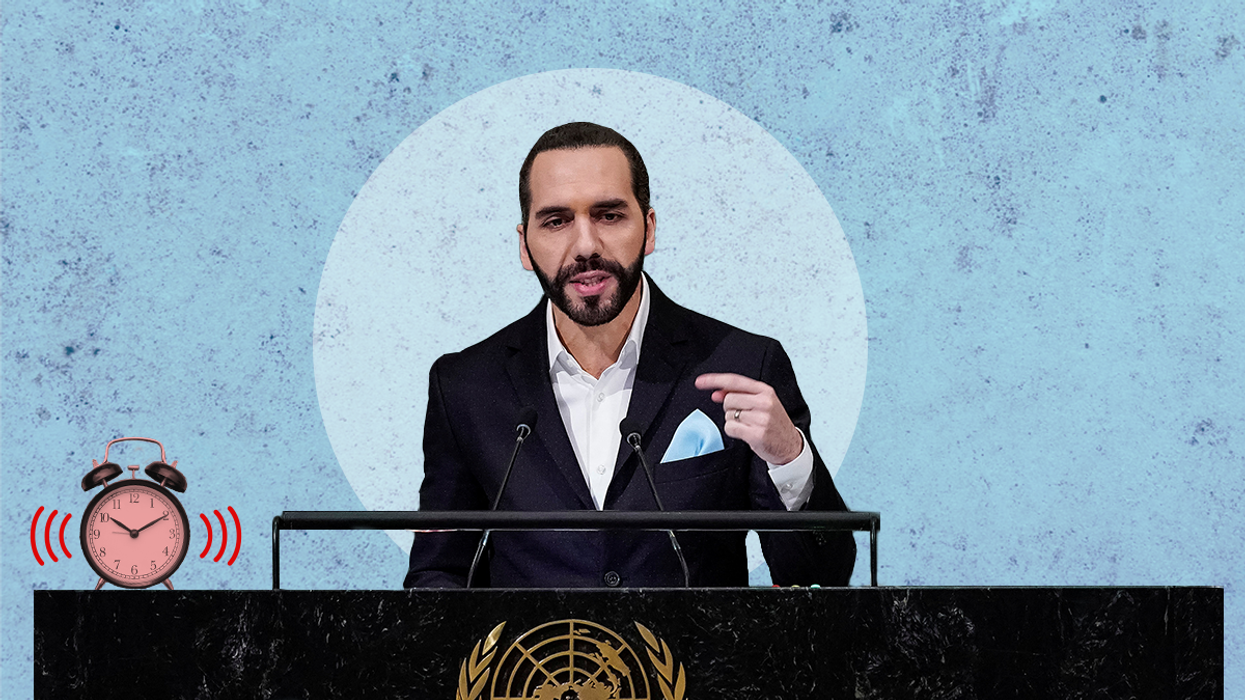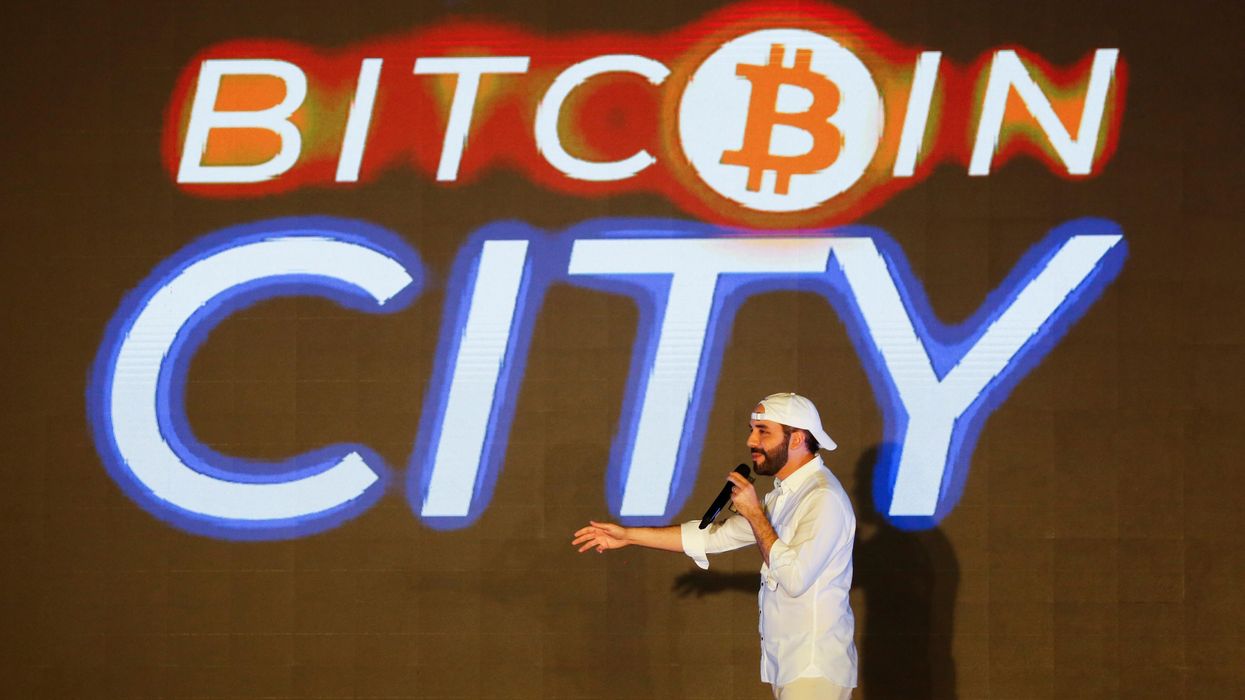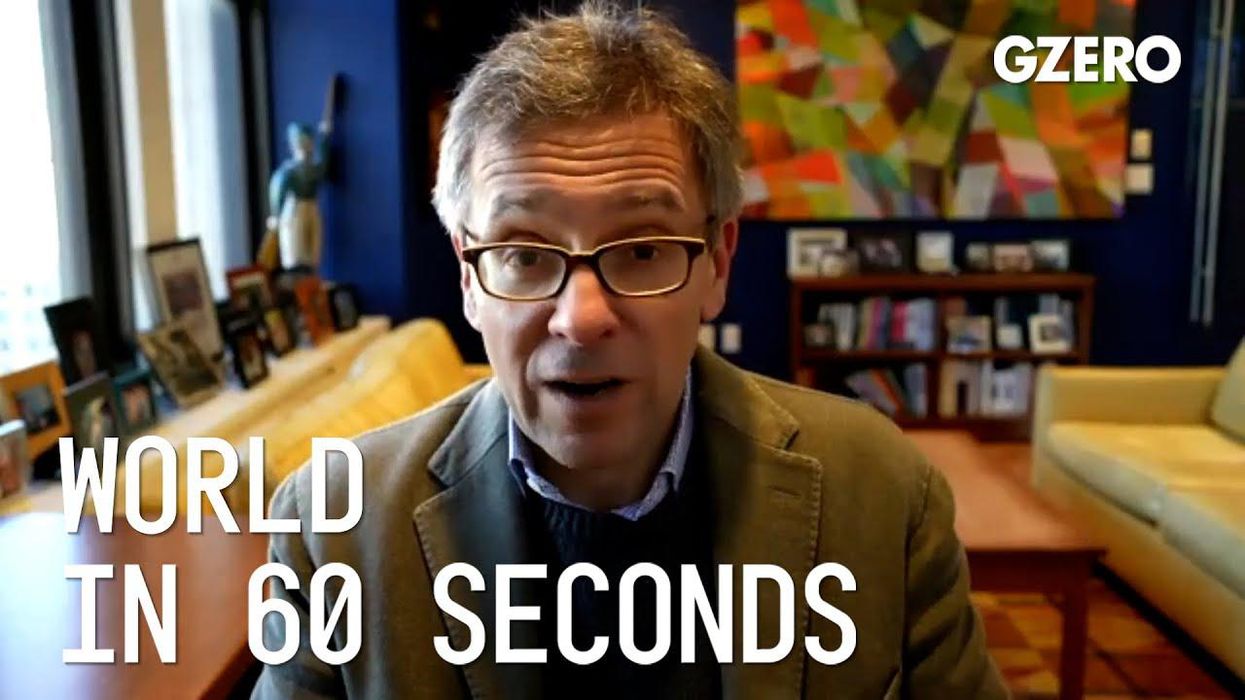News
Strongman with a strong mandate? El Salvador’s Nayib Bukele
Since riding an anti-establishment wave to power in 2018, El Salvador’s young, social-media savvy President Nayib Bukele has tested the limits of his country’s fragile institutions. But he’s also done something remarkable: he’s become one of the most popular democratically elected leaders in the world.
Sep 21, 2022



